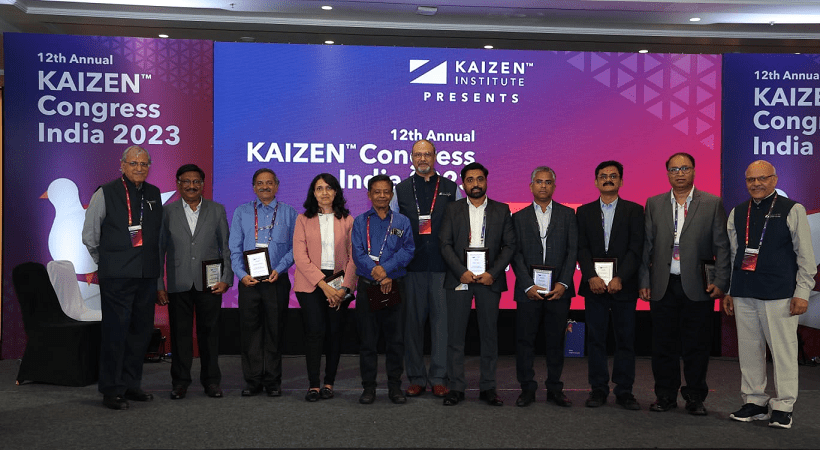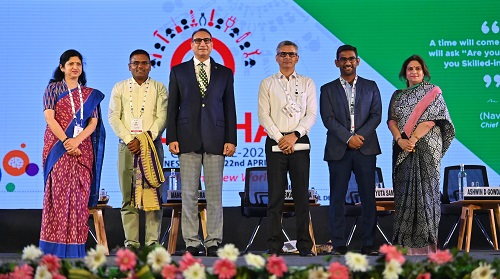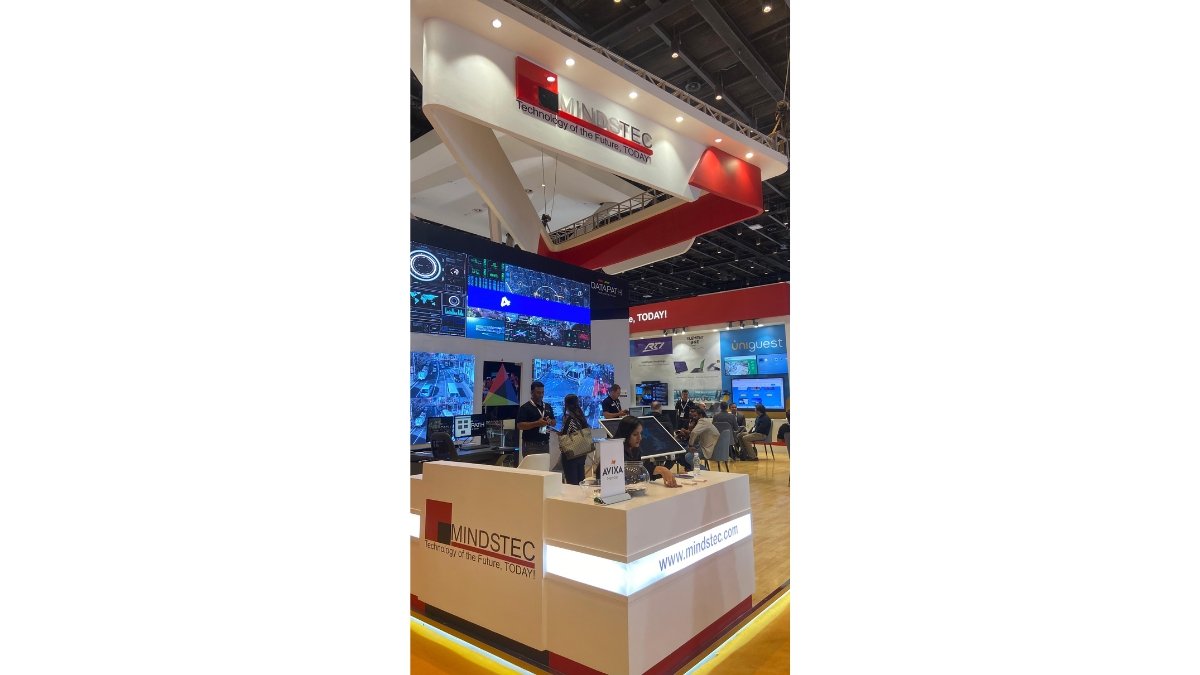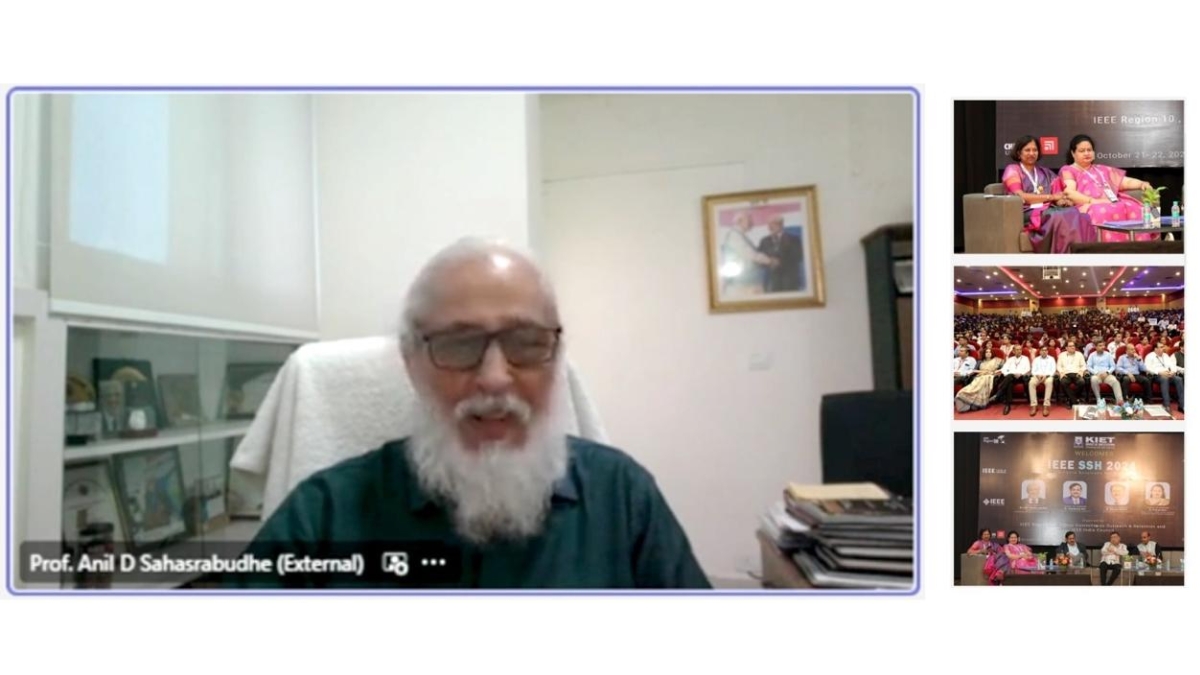Global CEO of SIG Group says key to success in India lies in providing differentiated sustainable packaging
New Delhi (India), April 8: SIG, a leading solutions provider of packaging for better, recorded exponential growth and is set to become one of the fastest growing aseptic packaging brand in India. The brand aims to expand its business in India with increased manufacturing capacities and partnerships with most of the biggest Indian beverage, juice […]


New Delhi (India), April 8: SIG, a leading solutions provider of packaging for better, recorded exponential growth and is set to become one of the fastest growing aseptic packaging brand in India. The brand aims to expand its business in India with increased manufacturing capacities and partnerships with most of the biggest Indian beverage, juice and dairy players.
For Samuel Sigrist, Global CEO of SIG Group, the Switzerland-based aseptic carton packaging solutions provider, the key to success in India lies in providing differentiated sustainable packaging. In India, to announce the setting up of a packaging manufacturing plant in Gujarat, he was categorical that the company would “compete on a differentiated offering because we have a number of unique selling propositions to help us grow the business.”
Sigrist, who assumed the role of CEO on January 1, 2021, believes that the packaging industry is currently going through a transformation with sustainability at its core. “Sustainability is not just nice to have but is a must-have and we can help industry to lead the transformation because we are at the forefront,” adds Sigrist.
“We define sustainability performance or sustainability for a packaging substrate along three dimensions,’ explains Sigrist. For SIG it means creating the least carbon footprint in its packaging, ensuring 100% recycling of its cartons and ensuring that the content, including the electricity for making the packaging, comes from renewable sources. “What we do is driven by the desire to offer a sustainable solution that we can spread across the globe. The biggest step toward sustainable packaging is taking out the aluminum foil from the beverage carton without compromising either on shelf life or on its barrier properties and we are leading there. We have a lot of engineers that work on material science projects to find new alternative materials that are even more renewable.”
“Imagine if we sell only aluminum-free solutions, for the 40 billion packs we sell in a year, we reduce the carbon footprint of the 40 billion pack in one step by 50%. The biggest hurdle to overcome is to offer a cost parity for aluminum-free solutions as it’s slightly more expensive today. But we have a line of sight to get there and it’s not going to take more than five years to get there”, he further added.
The global packaging player has a three-dimensional approach to sustainability performance for a packaging substrate. Firstly reducing carbon footprints through recyclable materials, secondly ensuring recycling feasibility through the collection and infrastructure, and thirdly renewable content or material usage from infinite resources.
For instance, 100 % of the material comes from forests, certified by the Stewardship Council as sustainably managed forests. “So we have a pack which is 100% linked to the forest or 100% from a renewable source. And those three dimensions are relevant to continue to drive to sustainability impact, and that’s where we score very well versus also all the other alternative packaging substrates,” adds Sigrist.
Another important innovation is the volume flexibility that it provides to customers in terms of packaging and an edge over its competitor’s rivals. Its packaging folders allow its customers to downsize from a 250-millimetre to a 100-millimetre pack in less than 10 minutes. This volume flexibility allows customers to maintain the price point even when input costs go up by reducing the pack size. It fulfils the goal of the food and beverage manufacturer of ensuring that the consumer doesn’t have to pay more for the product.
Besides these innovations, the company also works with customers that use paper straws and has solutions where the cap is designed in such a way that it is not thrown away but gets recycled as a whole unit. This unique proposition has ensured that SIG, which started with two filling machines in 2018 will boast 40 machines by the end of the year. Moreover, establishing a local manufacturing plant in Gujarat will provide a strong partner to the Indian players. It will also improve service levels, resulting in shorter lead times and greater reliability.
If you have any objection to this press release content, kindly contact pr.error.rectification@gmail.com to notify us. We will respond and rectify the situation in the next 24 hours.




























































